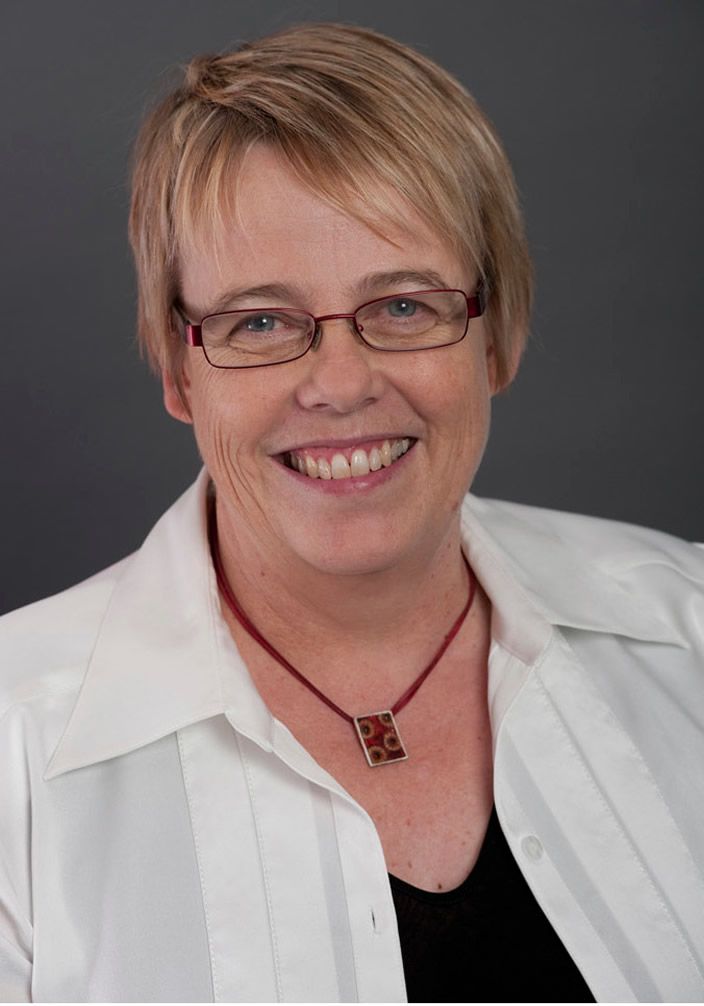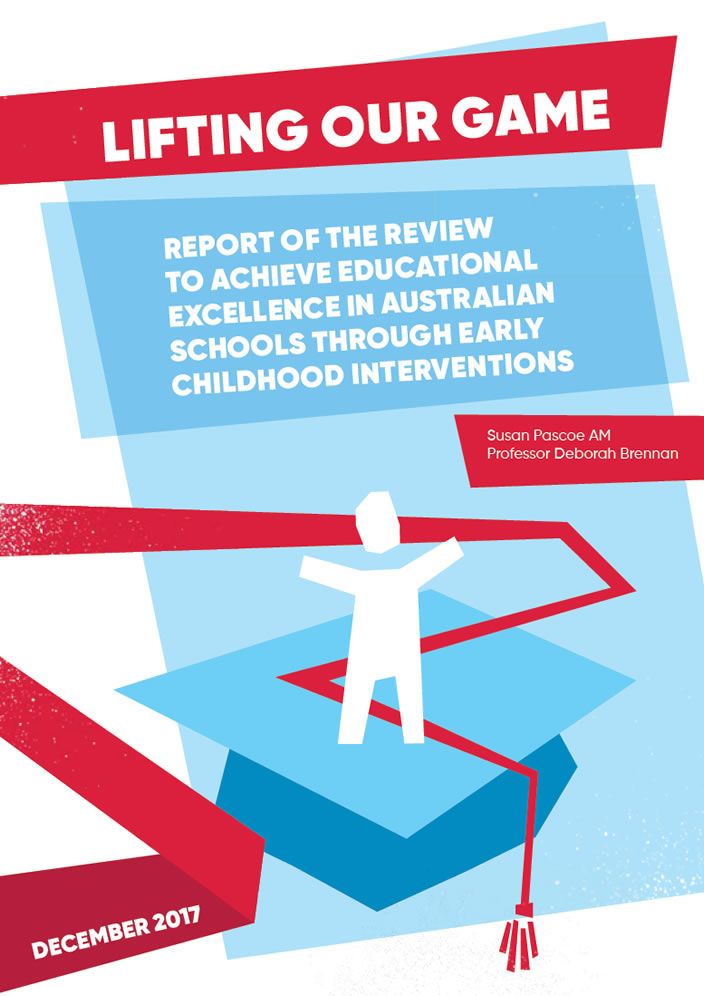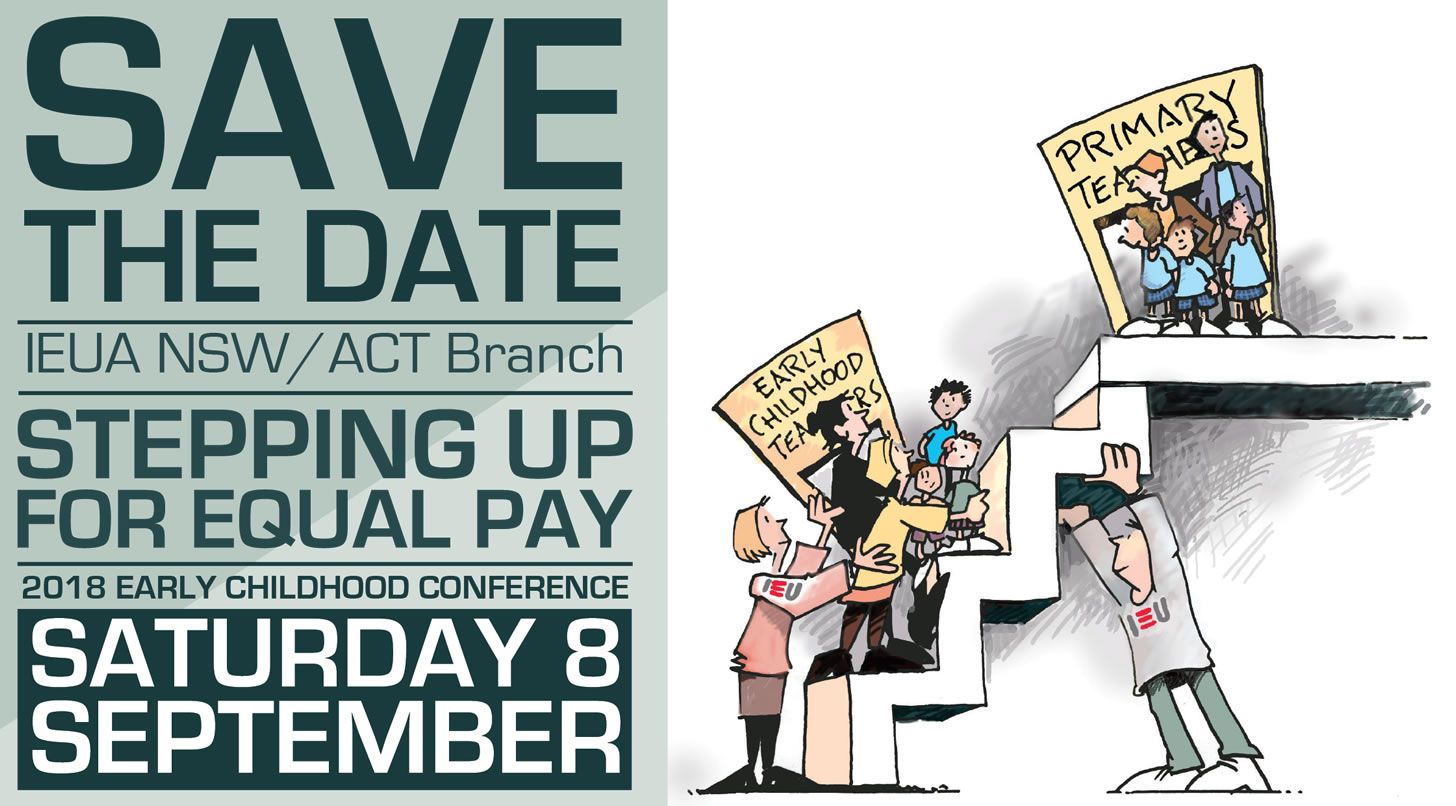Return on investment
“Some reports say the return on investment from early education is incredibly high, $17 for every $1 spent, while others estimate a more modest $2-3 for every dollar spent. We were hesitant about that high end investment return, and we pointed out there is a range of research and a lot more work needs to be done,” Brennan said.
“We had to write our report very quickly. But all the research suggested a positive return on investment, because of things like a reduced need for remedial education, children being less likely to repeat a grade and improved school readiness.
“For children from disadvantaged backgrounds they were more likely to stay to Year 12 with better employment and training outcomes.”
Brennan said she was impressed by the enthusiasm for early childhood from all the states and territories.
“Many are doing innovative things in terms of delivering services in their jurisdictions and some have shown great enthusiasm for delivering professional development to teachers.
“But it’s variable across Australia. While the states and territories seem to get this issue about early childhood, we need the Commonwealth to come on board because Australia is slipping behind and not heeding the evidence. The country is not investing in early childhood as it should.”
The report came up with 17 recommendations. They are too extensive to canvass in this article, but Brennan said it is worth focusing on two areas.
Embedding foundations
Embedding the Foundations for Reform states the sector need a commitment for ongoing adequate funding for universal access for all children in the year before school and for the National Quality Framework.
“Stop start funding is what we get at the moment, with the Commonwealth reviewing it every couple of years, and keeping the sector waiting until the last minute before giving a commitment for one year’s funding. This creates uncertainty.
“We argue that funding needs to be put on a secure footing and we argue that universal access should be expanded to all three year olds because the evidence is so compelling.
“Australia is falling behind the rest of the OECD countries, which mostly provide two years of early childhood education.”
Brennan said the Quality in the Workforce recommendation states there is no point just “throwing money” at early education and treating it as a childcare service.
“If we want to get the return on investment that is possible from early childhood education then we need to treat teachers fairly and lift the quality of staff and the pay levels.
“We need to give really serious attention to workforce issues. We argue for a new national early childhood workforce strategy which covers education, support, recruitment, retention and a more professional workforce.
“Evidence shows the training and quality of teachers and educators, their access to professional development, mentoring and good leadership are vital to create the good outcomes we’re looking for.
“If we don’t pay attention to those things then it doesn’t make sense to be spending $10 billion a year on early childhood education.”
Government meeting
The Council of Australian Government (COAG) which includes all levels of government, is due to meet later this year. Lifting Our Game authors Susan Pascoe and Deborah Brennan have been invited to present their findings at this meeting.
Brennan said she would really like to see recognition by all governments that Australia has an enormous amount to gain from adequate and well targeted investment in the early years.
A group of peak bodies, including the IEUA, has issue a statement backing the report and calling for action.
“It’s very heartening to see the statement and great that the sector is getting behind the report,” Brennan said.
“It addresses key issues and contains critical recommendations about the funding, workforce situation, transparency and support for children who need it the most.
“If the sector is enthusiastic about these directions we can have some solidarity and it gives us the best chance of a new way forward.”







































































































































